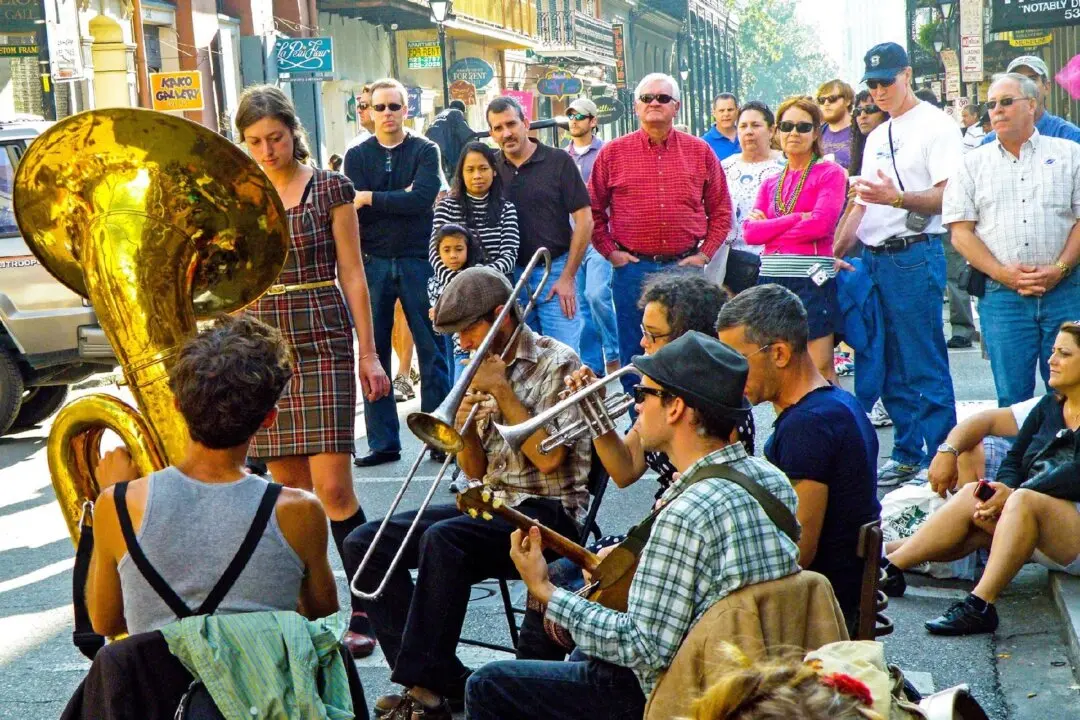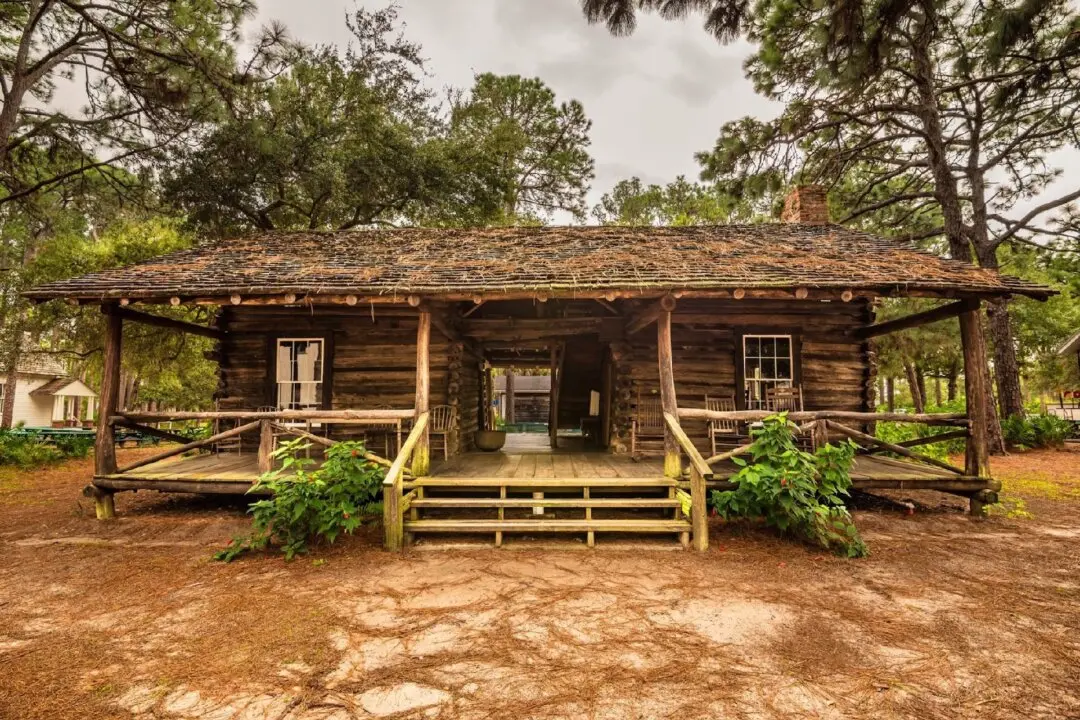One summer my family spent 10 fun-filled days on a 60-acre “gentleman’s farm” in Massachusetts. We paddled on and swam in the 3-acre man-made pond, enjoyed a nearby Atlantic Ocean beach and took outings to a 250-year-old witch’s house in nearby Salem. From there we went to Gloucester to watch the fishing fleet return with its catch.
The cost of our holiday: gas for our car and a few tolls along the way.





